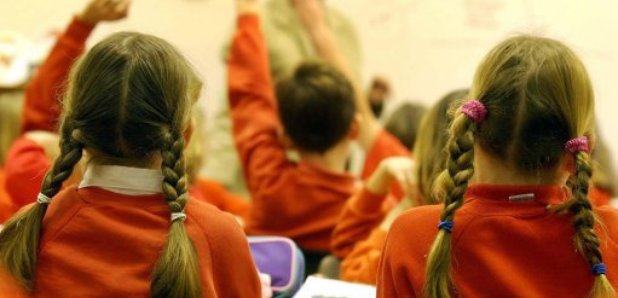On Air Now
Heart Breakfast with Des Clarke and Jennifer Reoch 6:30am - 10am
11 June 2019, 07:00

Scotland's Education Secretary should announce that the primary one tests will be scrapped when he updates parliament on the controversial practice, the Scottish Greens have said.
John Swinney will make a statement at Holyrood on Tuesday afternoon informing MSPs of the government's position on the use of national standardised assessments for P1.
Since their introduction in 2017, the tests have proved divisive, with the Scottish Parliament voting to halt the tests in a non-binding vote in September in which opposition parties united to defeat the government.
Green education spokesman Ross Greer said: "These tests were introduced in the face of widespread opposition from teachers, parents and education experts.
"Parliament has already voted to scrap them at P1 and the Education Committee recently published a damning report into their introduction, detailing the lack of a clear purpose and the contradictory explanations from John Swinney himself.
"It's past time the Deputy First Minister admits that everyone else might just have been right all along, the educational benefit of these unwanted and unnecessary tests just isn't there and, therefore, he is scrapping them immediately."
Scottish national standardised assessments (SNSA) were introduced for P1, P4, P7 and S3 pupils in 2017 to help measure the attainment gap in schools.
But some teachers, education unions and all opposition parties are against their use for P1 pupils, with the tests said to have left some youngsters in tears.
A Scottish Government spokesman said: "Standardised assessments provide teachers with objective, nationally consistent information related to everyday learning.
"Assessment has long been an important part of the improvement agenda and teachers with experience of using the assessments have spoken of how useful they are as one of a range of ways to gauge a pupil's progression.
"Deputy First Minister John Swinney will update Parliament on independent, educational advice to inform the future of Primary 1 assessments."